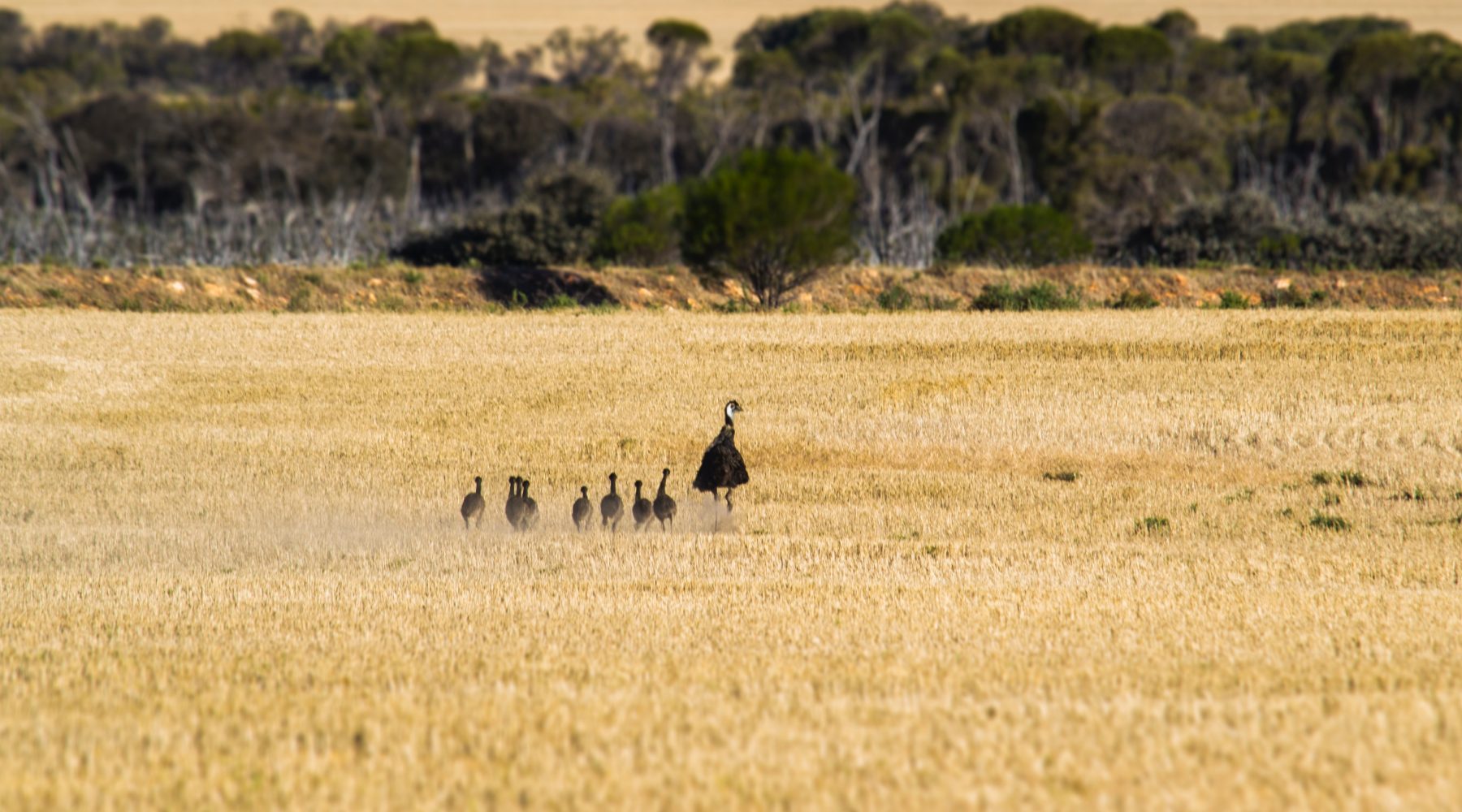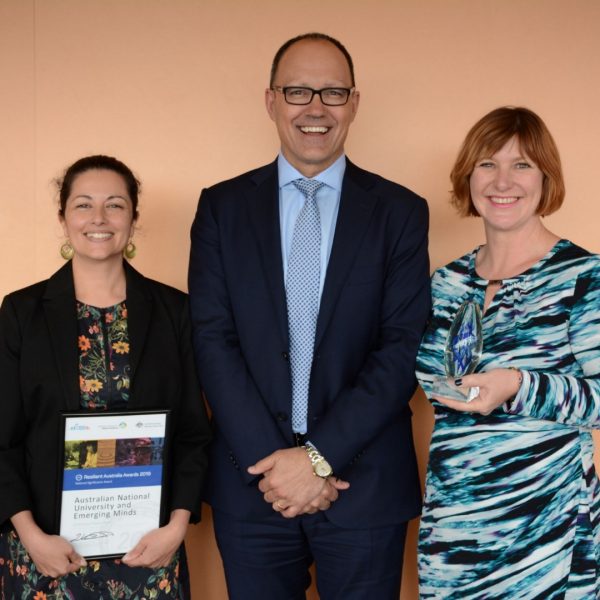Rebuilding from the inside out: supporting children through Australia’s bushfire crisis

Thousands of children across Australia are being impacted by the ongoing bushfires. For many of those in bushfire-affected areas, family life will have changed. Parents may be feeling stressed and hurting in different ways which impacts on their relationship with their children, the stress becoming an invisible presence that children struggle to process.
It is important to remember that children are particularly vulnerable both physically and emotionally to the impacts of disasters or traumatic events.
Even if children have not been directly exposed to the event, they may well still be impacted by scenes depicted in the related media coverage.
The impact on children
By their nature, natural disasters like bushfires are frightening events and it is normal for both adults and children to feel distressed.
Children cope with trauma in different ways and their reactions will vary greatly depending on their developmental level, pre-trauma functioning, previous life experiences, level of exposure to the trauma, parental reactions and subsequent changes in living situation.
Some symptoms may include:
- psychological distress
- physical complaints
- hyperarousal / hypervigilance (ie the flight-or-flight response)
- changes in behaviour
- increased anxiety.
Over time the majority of children will recover well after bushfires, but some may experience ongoing difficulties that can have an impact on their social, emotional, cognitive and behavioural development.
Signs that further support might be needed include:
- symptoms persist for more than a month or worsen over time
- symptoms are more intense or frequent when compared to other children of that age
- behaviours disrupt others/the school environment on a regular basis
- symptoms prevent the child from engaging in age appropriate tasks
- there is evidence that the problems exist in multiple contexts (e.g. the problem occurs at school and at home)
- parents have concerns about the child’s or family’s functioning, request assistance, or are distressed by the situation.
The role of educators
We know that children are reliant on the adults in their life, not only their parents and family members, but also teachers and caregivers for cues about how to respond, and to know whether or not their world is safe.
Routines also provide children with a sense of safety and stability, but in times like these as adults we might be inclined to let routines slip.
The return to school for 2020 is fortuitous in that it provides children with a chance to resume an established routine.
Within the classroom, it’s critical for a child’s recovery that they are listened to, reassured and supported not just during and directly after the bushfires but well into the future, particularly at times that might create traumatic reminders of the bushfires, such as the next school holidays.
As educators, it will be important to offer plenty of opportunities for children to talk through feelings if that’s what they want to do and watch for behavioral and physical reactions such as ‘frozen’ expressions, uncontrolled crying, screaming, nausea and loss of bladder and bowel control.
Conversations about the bushfires should be structured and kept to a time limit. Frequent, short conversations will be better than long, one-off chats. Young children should also have lots of opportunities to play to help them work through feelings, as talking through the event might be difficult.
Working together with parents
It is possible that educators will be approached by parents who are concerned about their child’s recovery and want immediate intervention.
It’s important to acknowledge these concerns and reassure parents that it is normal for children to be distressed following a traumatic event like a bushfire.
It will be helpful to talk parents through the steps that the education setting is taking to help children and also let them know that you will work with them to support their child. This may include talking about how the child is going both at home and while in your care and letting parents know that you will work together with them if ongoing difficulties become apparent.
Supporting adults to support children
It will be important to remember that children are very sensitive to changes in their parent, teacher and caregiver’s mood and behaviours. They are often reluctant to share their own concerns if they think they will further upset the adults they rely on, leaving them to manage their fears and feelings on their own. Without positive, open interaction with trusted adults, children can come to their own, often inaccurate conclusions.
These can include:
- a sense that these events are happening all the time as they’re repeated in the media
- that they should be ‘over it’ and not still feeling anxious or upset
- a feeling of responsibility or that children are to blame for their parents’ distress.
It’s critical that adults take steps to address their own emotional and mental health in the aftermath of a trauma, so that they have the strength and capacity to emotionally support children.
Community Trauma Toolkit
It’s only natural for us as adults to want to offer support and reduce the chance of ongoing difficulties for the child but feel unsure how to help or what to say. Genuine concerns about making things worse or upsetting children can lead to a lack of action.
To help support the mental health of young children, Emerging Minds and the Australian National University (ANU) have co-developed the Community Trauma Toolkit. Recognised in the 2019 Resilient Australia Awards, the toolkit includes resources and information for families, carers, educators, first responders and community and health practitioners working with families to help them support children before, during and after a community trauma event.
The toolkit includes a workshop for teachers and childcare professionals to equip them with the knowledge and skills required to promote resilience and coping and decrease long-term adverse reactions in children (aged 0-12 years) following an event like the bushfires.
Other resources include videos, podcasts, fact sheets and workshops that help adults in the community to support each other and the children who depend on them.
The Emerging Minds Community Trauma Toolkit is free to access .
Popular

Policy
Practice
Provider
Quality
NSW Government launches sweeping reforms to improve safety and transparency in early learning
2025-06-30 10:02:40
by Fiona Alston

Quality
Provider
Policy
Practice
WA approved provider fined $45,000 over bush excursion incident
2025-07-01 07:00:01
by Fiona Alston

Workforce
Policy
Quality
Practice
Provider
Research
ECEC must change now, our children can’t wait for another inquiry
2025-07-02 07:47:14
by Fiona Alston













